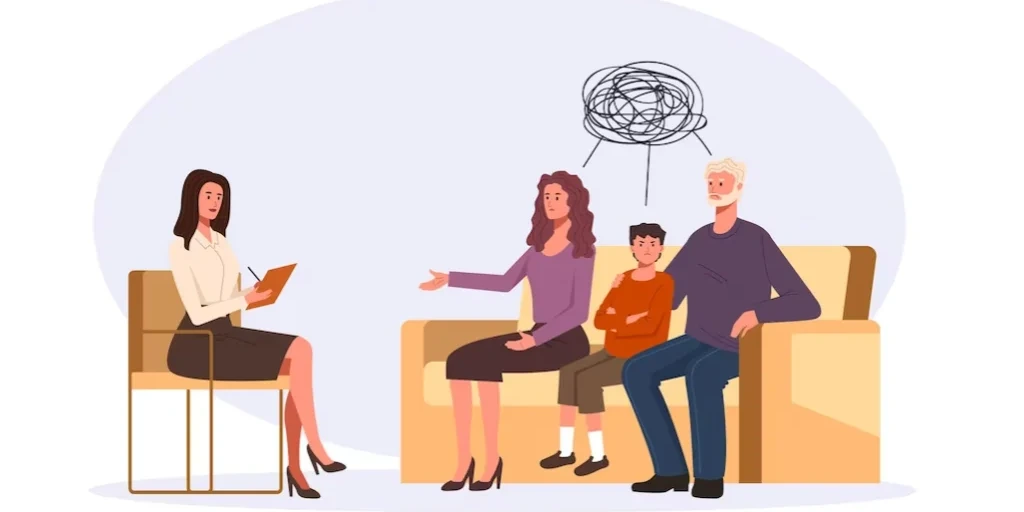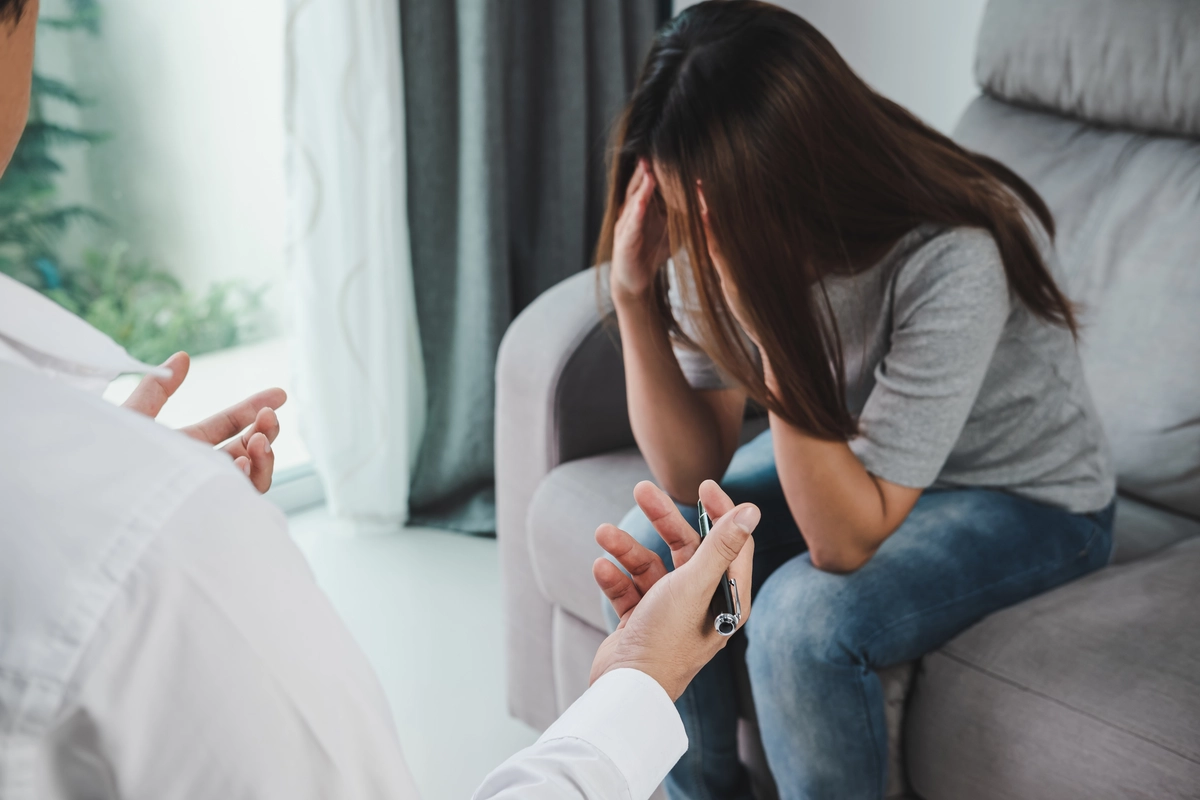24/7 Helpline:
(866) 899-111424/7 Helpline:
(866) 899-1114
Learn more about PTSD Treatment centers in Galloway
PTSD Treatment in Other Cities

Other Insurance Options

Aetna

Health Net

BlueCross

UMR

Kaiser Permanente

EmblemHealth

Carleon

Oxford

Horizon Healthcare Service

Regence

MVP Healthcare

Absolute Total Care

BlueShield

Molina Healthcare

BHS | Behavioral Health Systems

ComPsych

Premera

GEHA

Evernorth

MHNNet Behavioral Health

Boca Recovery Center – Galloway
Boca Recovery Center – Galloway is a drug and alcohol rehab in Galloway, NJ. They provide inpatient ...

ATSI – Addiction Treatment Services International
Addiction Treatment Services International (ATSI) is a drug treatment center in New Jersey that beli...

























Thomas E Hand and Professional Association – Intoxicated Drivers Counseling
Thomas E Hand and Professional Association – Intoxicated Drivers Counseling is a private rehab locat...

Atlanticare Behavioral Health – Providence House
Atlanticare Behavioral Health – Providence House focuses on providing individuals with treatment for...





